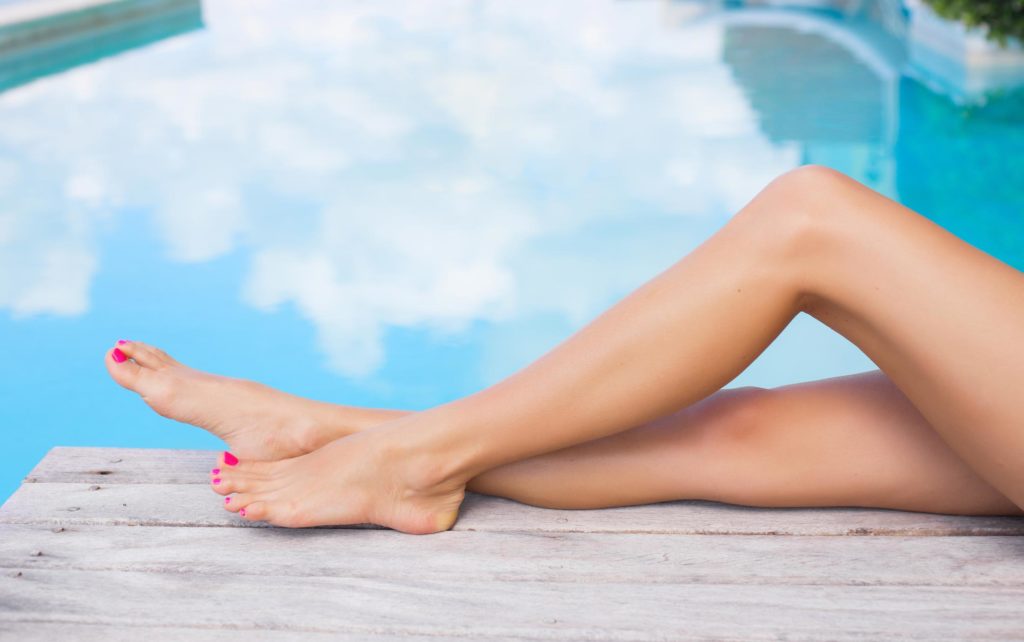
It’s officially summer. That means sun, fun, vacation, and venous insufficiency. Venous insufficiency is a condition in which the blood does not flow correctly through the vein, causing pain, swelling and bulging of the blood vessels, and can leave you at risk for serious health conditions. Dr. Budler treats patients with venous insufficiency in its most recognized form, varicose veins.
What Causes Venous Insufficiency?
The cause of venous insufficiency is a malfunction of the valves of the veins that help to direct blood flow. When these valves become stuck closed, they do not move blood, causing it to pool in the legs or extremities.
These valves become damaged for a number of reasons, like obesity, living a sedentary lifestyle, genetics, and age. Individuals with deep vein thrombosis, or blood clots, are also at risk of developing venous insufficiency. Women have a higher risk of developing venous insufficiency than men, because the hormonal fluctuations of pregnancy and menopause can damage the valves. During pregnancy, the blood vessels expand to accommodate increased blood quantity, and sometimes the valves become damaged as a result.
How Does Summer Impact Venous Insufficiency?
Swelling. Venous insufficiency increases during the summer as veins expand during high temperatures or during activity. This expansion also helps to regulate our body temperature. When the veins swell, so do your legs. Your blood pressure goes up when your legs swell, too, which can increase swelling and blood pooling in the legs.
Varicose veins. When the valves of the legs malfunction and blood pools, the veins in the legs become varicose. This means they swell and bulge, and for many patients, become painful.
Pain. Swelling legs and bulging veins are not comfortable. Many patients experience cramping or aching in the legs as a result of blood pooling. This pain can be chronic or happen suddenly and can range from moderate to very sharp.
Fatigue. Extra blood in the legs can make them feel heavy when you walk or are active. This heaviness can cause fatigue or a feeling that your legs are dull.
Keep Calm, Stay Cool, and Wear Your Compression Stockings
If you have venous insufficiency or symptoms of the condition, do your best to stay cool this summer. This may mean avoiding prolonged exposure to high temperatures and humidity and definitely includes staying hydrated. Also, being active can help relieve symptoms of venous insufficiency, so stay moving to keep your blood flowing.
We know the last thing you want to think about when it is 90 degrees or higher is wearing compression stockings, but…you need to wear them to keep your swelling in check and your blood moving in the right direction.
If you’ve been diagnosed with venous insufficiency or have varicose veins and are looking for relief, call Dr. Budler at 855.201.1519
